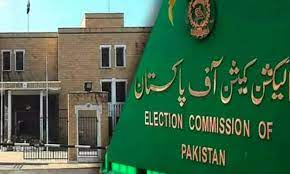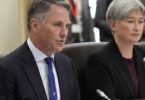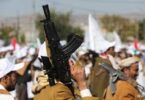F.P. Report
ISLAMABAD: The Election Commission of Pakistan (ECP) on Monday turned down the Sunni Ittehad Council’s (SIC) application for reserved seats for women and minorities in the National Assembly.
The Pakistan Tehreek-e-Insaf (PTI) backed SIC had submitted this request, sparking controversy and prompting extensive deliberations within the electoral body.
After a thorough examination, a five-member bench, led by Chief Election Commissioner (CEC) Sikandar Sultan Raja, delivered a split verdict of 4-1, ruling against the entitlement of the Sunni Ittehad Council to reserved seats in the National Assembly.
The ECP clarified that these seats would be allocated among other political parties based on their proportional representation, emphasising the principle that reserved seats cannot remain vacant in the assemblies.
However, it’s noteworthy that Babar Hassan Bharwana, ECP member from Punjab, dissented from the majority decision, expressing dissent regarding the allocation of reserved seats to other political entities.
The controversy surrounding the allocation of reserved seats for the SIC escalated following reports of a potential ‘merger’ with the PTI specifically for this purpose.
The ECP faced criticism for the delay in issuing a verdict, leaving the matter unresolved as the National Assembly convened its inaugural session last week.
Reacting to the decision, the PTI had previously indicated its intention to escalate the matter to the Supreme Court if the reserved seats were distributed to other parties.
Adding another layer of complexity, the controversy deepened when the ECP disclosed allegations that SIC Chairman Hamid Raza had purportedly written a letter declining to accept the reserved seats.
Raza vehemently refuted this allegation, injecting further confusion and intrigue into an already convoluted situation.
The ECP’s rejection of the SIC’s application has reignited discussions about the fairness and transparency of the electoral process in the country, fueling ongoing debates on these critical issues.







